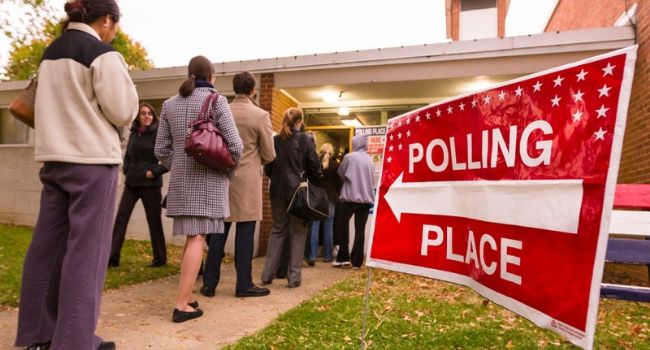
Senate Committee Releases Bipartisan Report on Election Security Threats
The report comes as Senate Republicans move to block election security legislation, arguing that election officials have already fixed the security issues they experienced in 2016.
- By Haley Samsel
- Jul 29, 2019
Just one day after Robert Mueller delivered testimony to Congress about Russian interference in the 2016 elections, the Senate Intelligence Committee released a bipartisan report on Thursday stating that America’s election infrastructure was not secure enough to deal with attacks from Russian intelligence between 2014 and 2017.
The report, the first of five by the committee, was compiled following interviews with state election officials, former Obama administration officials and members of the intelligence community. Senators found that Russia sought to capitalize on the decentralized U.S. voting system, which is mostly run by states with their own systems and policies.
In addition, hackers saw holes in states’ cybersecurity practices, including aging voting machines and insecure election databases. One state used the password “ABC123” for its voting machines and allowed users to switch between supervisor and voter to potentially tamper with votes, according to the report. However, the committee did not find evidence that votes were changed.
“In 2016, cybersecurity for electoral infrastructure at the state and local level was sorely lacking; for example, voter registration databases were not as secure as they could have been,” the report reads. “Despite the focus on this issue since 2016, some of these vulnerabilities remain.”
Among several recommendations, the committee advised states to purchase more secure voting machines, especially those with a paper trail, and conduct regular security audits of voting machines, NBC News reported. The report also emphasized the importance of maintaining “states’ primacy” in conducting elections, which Sen. Ron Wyden objected to in favor of federal oversight.
“There’s still much more we can and must do to protect our elections,” Sen. Mark Warner (D-Virginia)., the top Democrat on the committee, said in a statement. “I hope the bipartisan findings and recommendations outlined in this report will underscore to the White House and all of our colleagues, regardless of political party, that this threat remains urgent, and we have a responsibility to defend our democracy against it.”
While Democrats have pushed hard for legislation related to election security, even passing a bill in the House of Representatives, Senate Republicans have blocked bills from getting out of the committee process or receiving a vote.
Read more: House of Representatives Passes Election Security Bill
Senate Minority Leader Chuck Schumer (D-New York) attempted to get unanimous consent on Thursday to pass the House bill, which requires states to use paper ballots and increases funding to the Election Assistance Commission. The majority leader, Sen. Mitch McConnell (R-Kentucky), blocked the move, arguing that Schumer’s request was not “a serious effort to make a law.”
“Clearly something so partisan that it only received one single solitary Republican vote in the House is not going to travel through the Senate by unanimous consent,” McConnell said, according to The Hill.
McConnell also blocked a similar request to pass legislation that would require candidates, campaign workers and their family members to notify the FBI if foreign governments offered assistance to their campaigns. Republicans have argued that Congress’ current appropriations for election security improvements are enough to fix the issues.
Despite some pushback from his own party, Sen. Richard Burr (R-North Carolina), the committee chairman, has encouraged Congress to take more action in addressing national security threats to the U.S. election system.
He noted that since the 2016 election, the Department of Homeland Security and election officials have “dramatically changed” their approach to security and are working together better to bridge security gaps.
"The progress they've made over the last three years is a testament to what we can accomplish when we give people the opportunity to be part of a solution,” Burr said in a statement. “There is still much work that remains to be done, however … It is my hope that the Senate Intelligence Committee’s bipartisan report will provide the American people with valuable insight into the election security threats still facing our nation and the ways we can address them.”